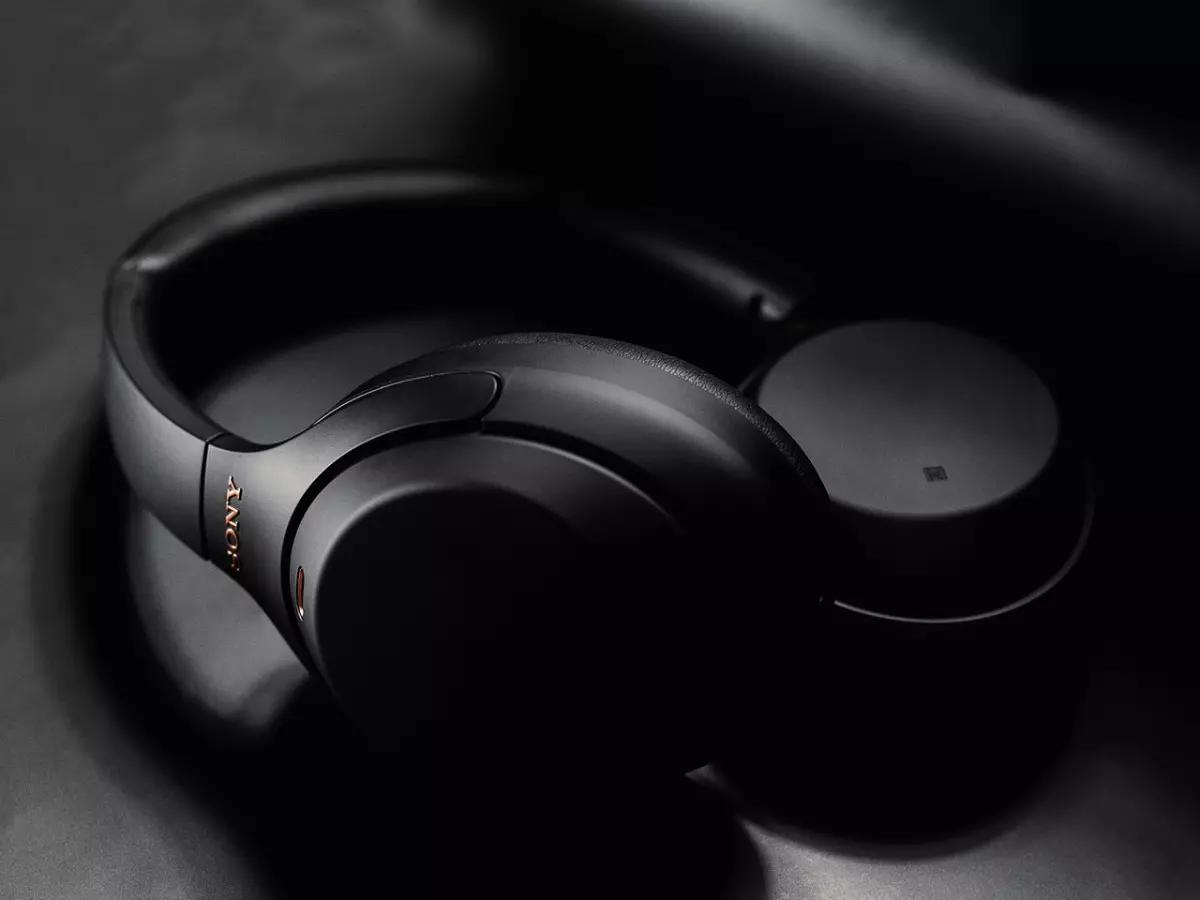RAM Power
"Why is my phone so slow?" If you’ve ever asked yourself this, the answer might be hiding in your gadget’s RAM.

By Wei-Li Cheng
We’ve all been there. You’re trying to switch between apps, maybe you’ve got a game running in the background, a video call happening, and boom—your phone or tablet starts to feel like it’s running on molasses. You tap, you swipe, you wait. And wait. And wait some more. What gives? The culprit could very well be your device’s RAM, or lack thereof.
RAM, or Random Access Memory, is one of the most crucial components of any gadget, whether it’s a smartphone, tablet, or even a smartwatch. It’s the unsung hero working behind the scenes to make sure your apps run smoothly, your games don’t stutter, and your multitasking doesn’t turn into a nightmare. But how exactly does RAM work, and why does it matter so much for your gadget’s performance?
What Exactly Is RAM?
Let’s break it down. RAM is a type of memory that your gadget uses to store data that it needs to access quickly. Think of it like your gadget’s short-term memory. When you open an app, your device loads it into RAM so it can be accessed quickly without having to pull it from slower storage like your gadget’s internal memory or SD card. The more RAM your device has, the more apps and processes it can juggle at once without slowing down.
But here’s the catch: RAM doesn’t store data permanently. Once your device is turned off, everything in RAM is wiped clean. It’s a temporary workspace, but an incredibly important one. Without enough RAM, your device will struggle to keep up with your demands, especially if you’re a multitasker or a power user who likes to have multiple apps open at once.
How Much RAM Do You Really Need?
Okay, so now you know what RAM does. But how much of it do you actually need? Well, that depends on how you use your gadget. If you’re someone who just uses your phone for basic tasks like texting, browsing social media, and watching the occasional YouTube video, you can probably get by with 4GB of RAM. But if you’re a heavy user—someone who likes to game, edit photos, or run multiple apps at once—you’re going to want at least 6GB or even 8GB of RAM.
And if you’re a serious multitasker or a gamer who wants the absolute best performance, some high-end devices now offer up to 12GB or even 16GB of RAM. That might sound like overkill, but when you’re running resource-hungry apps or games, every gigabyte counts.
There’s also the question of future-proofing. Apps and games are only going to get more demanding as time goes on, so having more RAM now could save you from having to upgrade your device sooner than you’d like.
RAM vs Storage: What’s the Difference?
Here’s where things can get a little confusing. RAM is often mistaken for storage, but they’re not the same thing. Storage is where your gadget keeps all your apps, photos, videos, and files. It’s the long-term memory of your device, while RAM is the short-term memory. Think of storage as your gadget’s filing cabinet, and RAM as the desk where you lay out the files you’re currently working on.
So, while having more storage is great for keeping all your stuff, it won’t necessarily make your device faster. That’s where RAM comes in. More RAM means your device can handle more tasks at once without slowing down.
How RAM Impacts Multitasking
Let’s talk multitasking. If you’re someone who likes to switch between apps frequently, RAM is your best friend. The more RAM your device has, the more apps it can keep open in the background without having to close them to free up memory. This means you can jump from your email to your browser to your favorite game without any lag or delay.
But if your device doesn’t have enough RAM, it will start to close apps in the background to make room for new ones. This is why you might notice that when you switch back to an app you were using earlier, it has to reload from scratch. It’s not that your device is broken—it’s just running out of RAM.
For example, if you’re using a phone with 4GB of RAM, you might be able to keep a few apps open at once, but if you try to open a resource-heavy game or video editing app, your phone might start to struggle. On the other hand, a phone with 8GB of RAM will be able to handle more apps and processes without breaking a sweat.
Gaming and RAM: A Match Made in Heaven
If you’re a mobile gamer, RAM is even more important. Games are some of the most resource-intensive apps you can run on a gadget, and they require a lot of RAM to run smoothly. If your device doesn’t have enough RAM, you’ll start to notice lag, stuttering, and even crashes during gameplay.
In fact, many of the latest mobile games recommend at least 6GB of RAM for optimal performance. And if you’re into competitive gaming, where every millisecond counts, having more RAM can give you a serious edge by reducing input lag and ensuring that your game runs as smoothly as possible.
The Future of RAM in Gadgets
As apps and games continue to evolve, the demand for more RAM is only going to increase. We’re already seeing devices with 12GB and 16GB of RAM, and it’s likely that in the near future, even mid-range gadgets will come with 8GB or more as standard.
But it’s not just about having more RAM—it’s also about having faster RAM. Newer types of RAM, like LPDDR5, are not only more efficient but also faster than their predecessors, which means they can handle more data at once and improve overall performance.
So, whether you’re a casual user or a power user, keeping an eye on your gadget’s RAM is crucial if you want to ensure a smooth, lag-free experience. And as technology continues to advance, RAM will remain one of the most important factors in determining how well your gadget performs.
Final Thoughts
So, the next time your gadget starts to feel sluggish, don’t just blame it on old age or a slow processor. Take a closer look at your RAM. It might just be the key to unlocking a faster, smoother experience. And remember, when it comes to RAM, more is almost always better.





